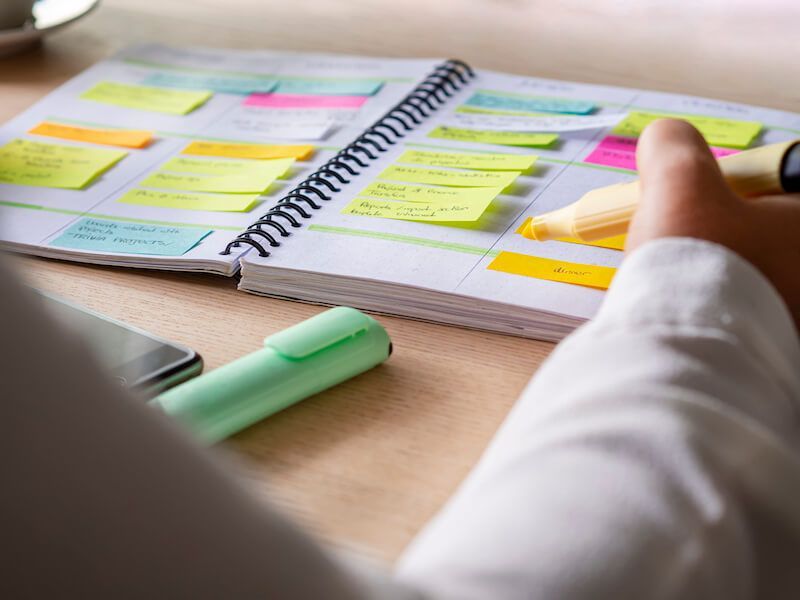The Annual Visit You Likely Forgot to Schedule

Even if you have glasses (the kind you put on your face, not the kind you fill with liquid), you still visit your eye doctor annually, right? Because your eyes change as time passes. Similar to the rest of your body, your eyes aren’t fixed and neither are your ears. That’s why, much like your eyes, it’s crucial to keep getting your ears checked even after you’ve purchased a quality pair of hearing aids.
Many individuals, regrettably, skip those yearly appointments. Perhaps a visit to their doctor is taking a back seat to enjoying life. Or maybe, work has been especially hectic this year. Or perhaps, you’ve just been so pleased with your hearing aids that you haven’t had a reason to go back in. That’s a good thing, right?
Scheduling a hearing test
Let’s take Daphne as a fictional example. Daphne has been detecting some red flags with her hearing for a while now. She keeps increasing the volume on her TV. She has difficulty following conversations at after-work happy hours in loud restaurants. And because she enjoys taking care of herself, and she’s intelligent, she schedules a hearing exam.
Daphne makes certain to follow all of the steps to manage her hearing impairment: she buys hearing aids, which are then precisely fitted and calibrated, and then she gets on with her life.
Problem solved? Well, not quite. Going in for a screening allowed her to recognize her hearing loss early and that’s great. But, in the long run, follow-up care becomes almost more significant for people with even minor hearing loss. Keeping up on regular appointments would be a wise plan for Daphne. However, one study found that only around 33% of seniors with hearing aids get regular check-ups so Daphne isn’t by herself.
If you already use hearing aids, why do you need regular hearing exams?
Alright, remember our glasses metaphor? Just because Daphne uses hearing aids now doesn’t mean her hearing will become static and stop changing. It’s necessary to fine-tune the hearing aids to deal with those changes. Any hearing changes can be recognized early with regular monitoring.
And that’s not even the only reason why it may be a good idea to keep routine appointments after you get your hearing aids. Here are a few of the most significant reasons:
- Hearing degeneration: Your hearing could continue to deteriorate even if you have hearing aids. Often, this degeneration of your hearing is very gradual and without routine screenings, you most likely won’t even recognize it. Hearing loss can often be slowed by correctly fine-tuning your hearing aids.
- Hearing aid calibration: While your overall hearing health may continue to be stable, slight changes in your hearing may create the need for yearly calibration of your hearing aid. Your hearing aid could become less and less reliable if you skip this calibration.
- Your fit may change: Because your ears are always changing, it’s entirely possible that the way your hearing aids fit around and in your ears will change. Making sure your hearing aids continue to fit well is a big part of your regular exam.
Hazards and hurdles
The greatest concern here is that eventually, the hearing aids Daphne is wearing will quit working the way they’re meant to, so she’ll get frustrated with them and stop using them entirely. Over time, hearing loss can be slowed by wearing hearing aids. If you stop wearing them, not only can your hearing diminish faster, you may not notice it right away.
If you want your hearing aids to keep working at an optimal level, routine check-ups are going to be your best bet in terms of attaining that. Yearly hearing tests or screenings can help you be sure your hearing aids are working as they should and that your hearing remains protected.


